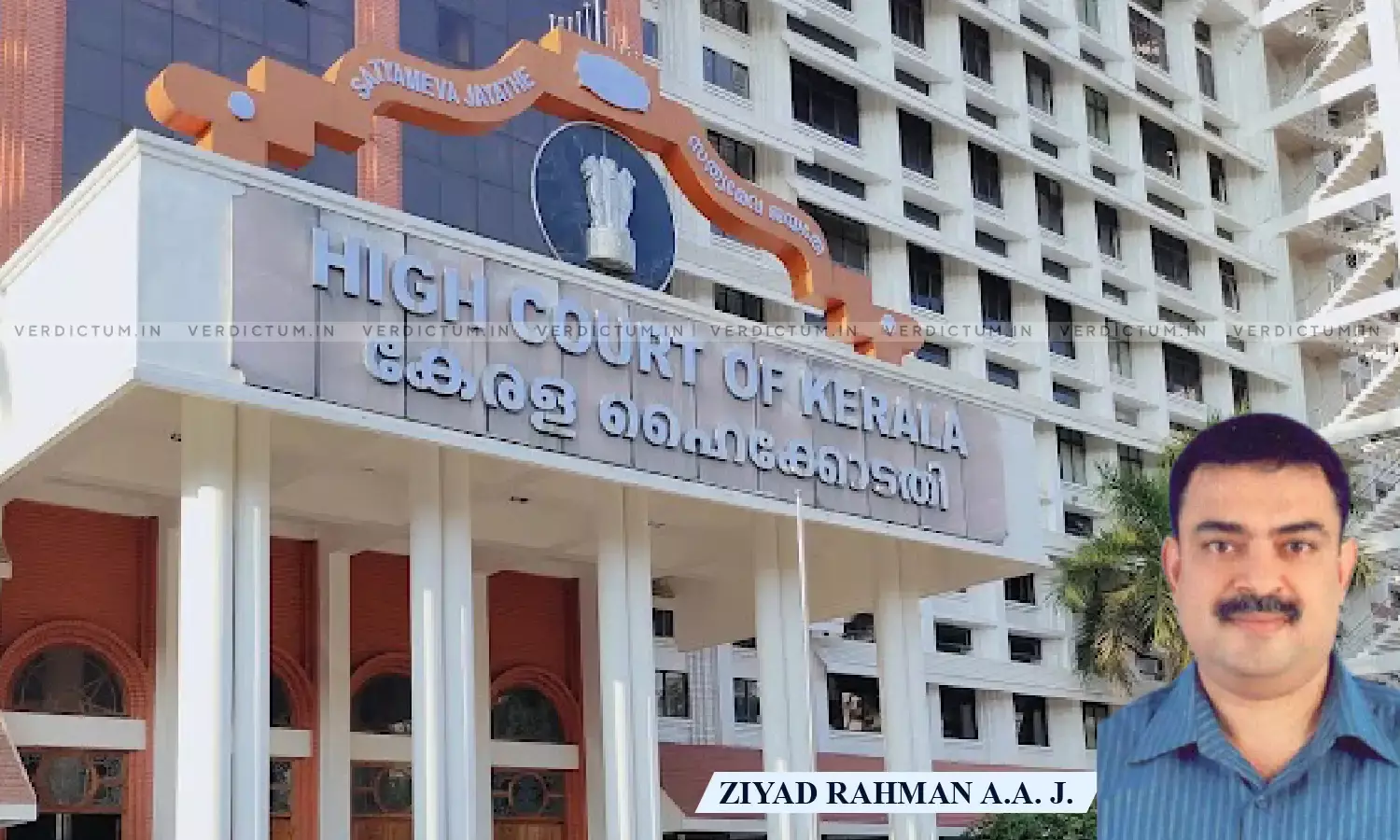Cautious Approach Required While Dealing With Bail Plea Of Parents In POCSO Cases Particularly When Child’s Custody Is Under Litigation: Kerala HC

The Kerala High Court has held that Courts, while dealing with the applications for bail, involving the offences of the POCSO Act, allegedly committed by the accused against their children, should take a very cautious approach, particularly when the custody of the child is under litigation between the parents.
The bench of Justice Ziyad Rahman AA, while granting bail to a man accused of sexually assaulting his son, observed that-
“In such cases, when the materials placed before the court evoke a reasonable suspicion as to the veracity of the allegations, the courts should not hesitate to invoke the powers under section 438 of the Cr.P.C. What is at stake is someone’s personal liberty, integrity, dignity and sometimes, the life itself.”
The Court added that power under Section 438 is an important tool for the court to protect the personal liberty of the persons, which is one of the fundamental rights guaranteed under the Constitution.
Advocate S Rajeev appeared for the petitioner-accused whereas Public Prosecutor Sreejith VS appeared for the State.
In this case, the offences alleged against the petitioner-accused are under Section 75 of the Juvenile Justice (Care and Protection of Children) Act, 2015 and Sections 7,8,10,9(l),9(m),9(n) of the Protection of Children from Sexual Offences Act, 2012.
The specific contention of the counsel for the petitioner is that the case is falsely foisted against the petitioner to deprive him of the opportunity to interact with the child.
The Court noted that it was highly doubtful whether the allegations of the accused showing nude photographs of the child himself by itself would attract any offences under the POCSO Act.
“It is highly doubtful whether the said act by itself would attract any offences under the POCSO Act. This is because there is no allegation that the petitioner had shown nude photographs of other persons. It is also true that, there is an allegation that the petitioner had touched on the private parts of the child with sexual intent. At the moment, what is available is a statement of the victim only, and in the facts and circumstances of this case, those statement is doubtful.”, the Court observed.
The Court pointed out that denial of anticipatory bail to the petitioner-accused merely based on such a doubtful statement is not safe. The Court further added that the possibility of tutoring the child cannot be ruled out.
Thus the Court ordered that the petitioner shall surrender before the Investigating Officer for subjecting himself to interrogation after which he shall be released on bail.
Cause Title- XXXX v. State of Kerala & Anr.
Click here to read/download Judgment

